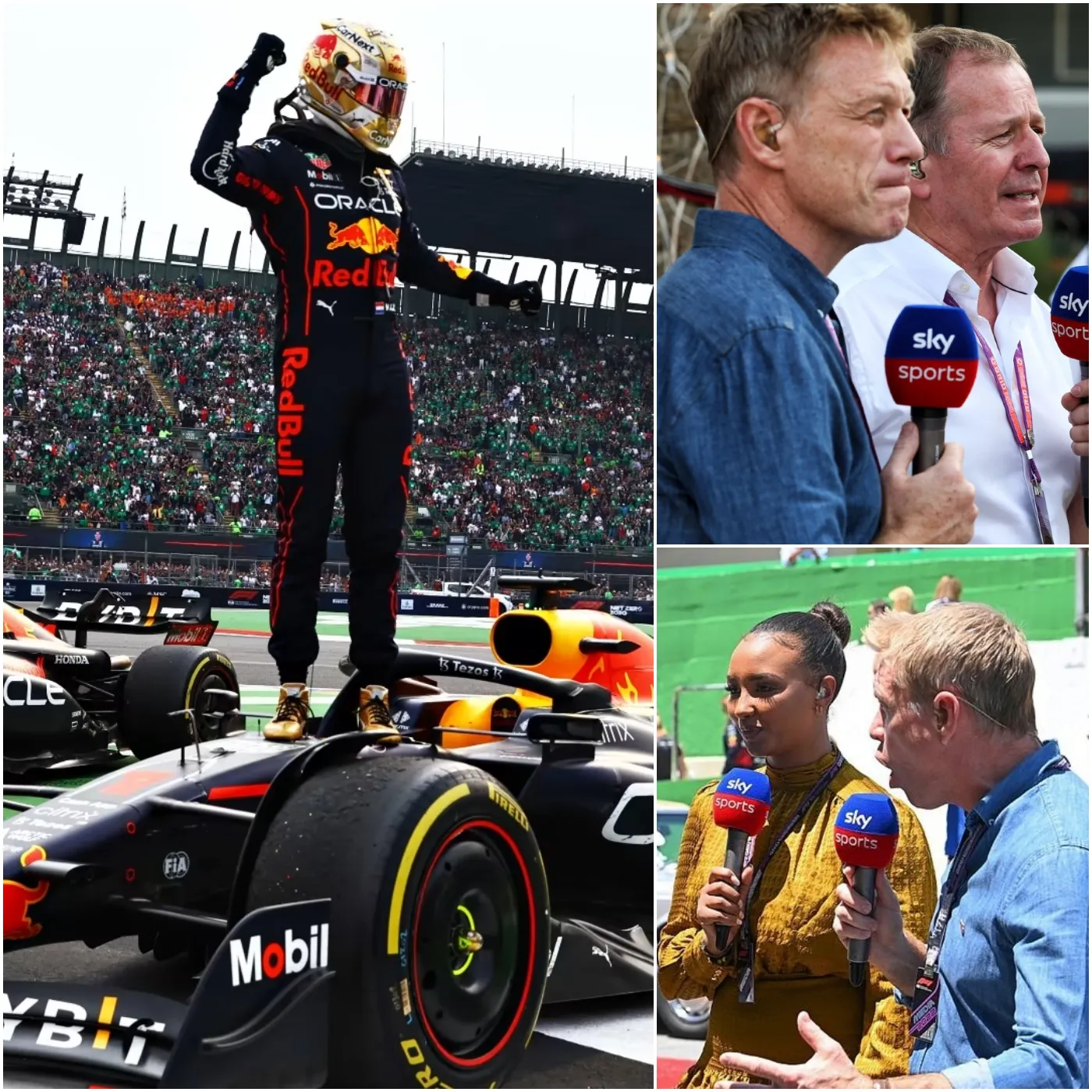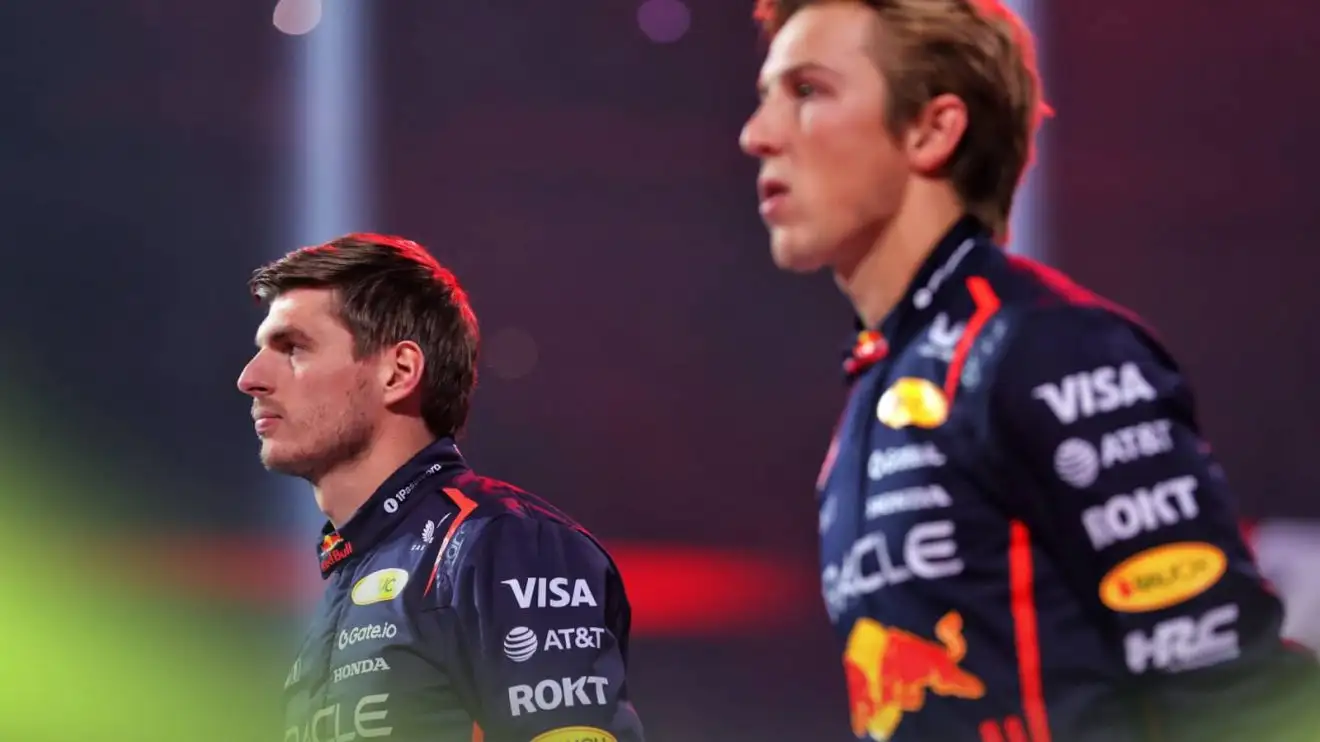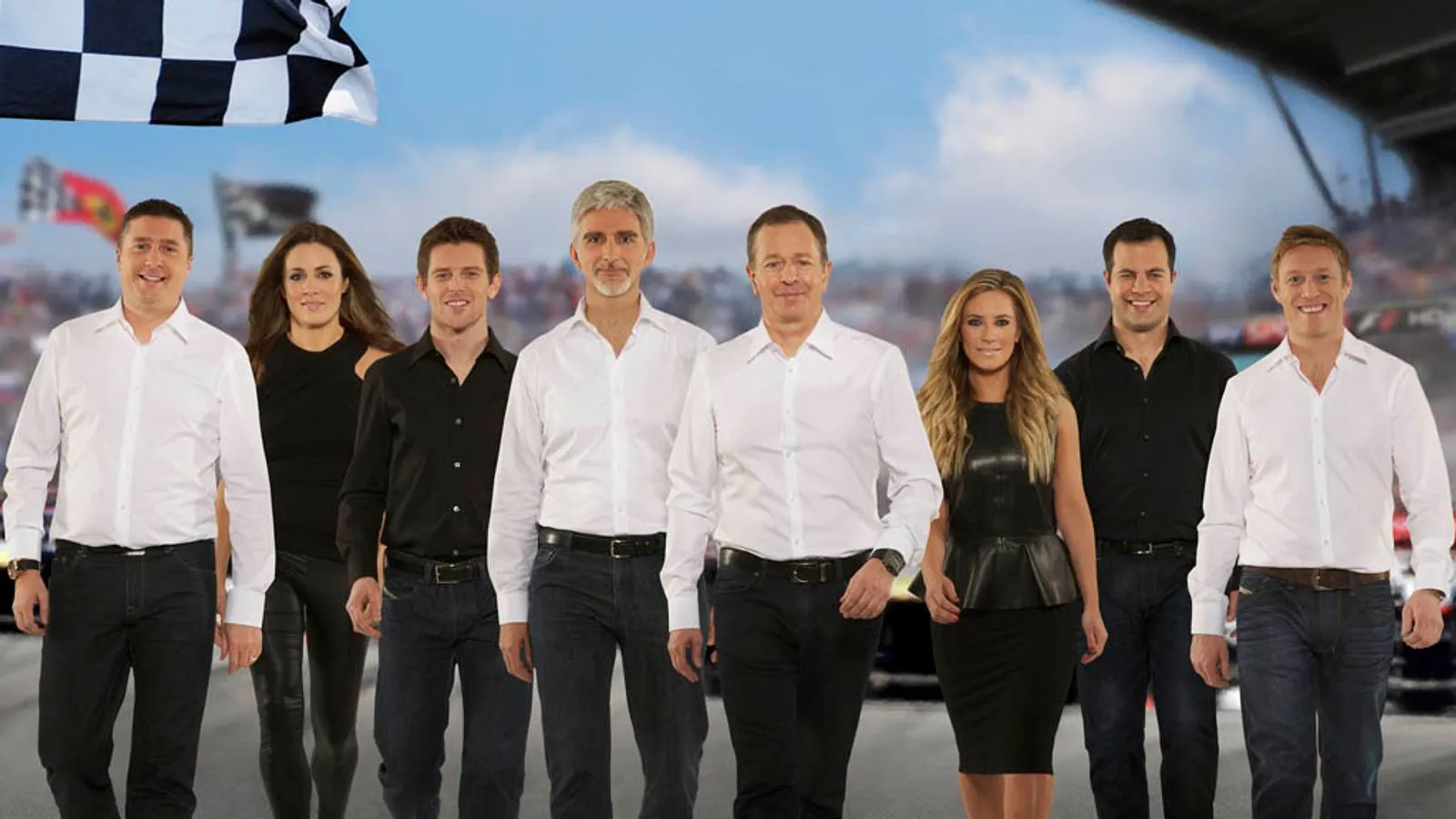

Max Verstappen has threatened to boycott events such as Formula 1’s season launch if they are held in the United Kingdom.
Formula 1 thrives on drama both on and off the track, but the latest controversy surrounding Max Verstappen’s alleged boycott threats has sent shockwaves through the paddock. According to his father, Jos Verstappen, the Dutch racing sensation has no intention of attending future F1 launch events held in the United Kingdom after a hostile reception at London’s O2 Arena.
This has ignited fierce debates among fans and insiders alike: Are British fans crossing the line with their jeering, or is Verstappen simply too thin-skinned for the realities of modern sport? More importantly, could his absence from key events actually harm the sport he dominates? Let’s dive into the chaos.
London F1 Launch: Cheers, Boos, and a Brewing Storm
Formula 1’s decision to host its first-ever collective season launch in London seemed like a celebratory affair. With all 20 drivers in attendance, the event showcased the fresh liveries for the 2025 season and gave fans a rare opportunity to see their heroes outside the high-octane race weekends.
But as Red Bull’s triple World Champion, Max Verstappen, was introduced, a chorus of boos erupted from the audience, largely comprised of British fans still smarting from their homegrown drivers’ defeats in recent years. While Red Bull had already decided Verstappen and his teammate Liam Lawson wouldn’t address the audience, the cold reception seemed to confirm tensions between Verstappen and British F1 supporters.
Christian Horner, Red Bull’s team boss, faced similar hostility as he walked onto the stage to the Rolling Stones’ Start Me Up—a song that has become synonymous with the team’s triumphs. Ever the showman, Horner shrugged off the negative energy with a quip: “Well, it’s fantastic to be here in the O2 anyway!” But Verstappen was far from amused.
Max Verstappen’s Boycott: Temper Tantrum or Justified Stance?
According to Jos Verstappen, Max was deeply unimpressed with the reaction he received, leading him to declare that he will “definitely” not attend another launch event in the UK. “If this is in England next year, they definitely won’t see me,” the elder Verstappen told Dutch publication RaceXpress.

Now, the question arises: Is Verstappen justified in his decision, or is he simply unwilling to embrace the ‘villain’ role that F1 naturally assigns to dominant drivers? After all, Lewis Hamilton and Sebastian Vettel were also subjected to boos in their prime years, with Hamilton in particular facing hostility at circuits like Monza and Abu Dhabi. Is Verstappen expecting special treatment, or does he genuinely believe British fans have gone too far?
The Red Bull Conundrum: A UK Fanbase in Revolt?
Red Bull’s growing unease about the event cannot be ignored. The team reportedly expected a more balanced international audience rather than a predominantly British crowd still bitter about Verstappen’s championship victories over Hamilton. Red Bull’s leadership is said to be reviewing their future involvement in similar events, fearing that British fans’ hostility could tarnish their brand image.
It is no secret that Lando Norris and George Russell enjoy unwavering support from home crowds, while Hamilton remains a national icon. This tribalistic allegiance was on full display at the O2, and it raises an uncomfortable question: Has Verstappen’s dominance been so crushing that it’s breeding outright resentment among British fans?
Jos Verstappen’s War Cry: Are British Fans ‘On a Rampage’?
Jos Verstappen did not mince words when addressing the situation. “You’re there to promote the sport and showcase the new colour schemes of the cars, but when they go on a rampage like that, the question is: what are you there to do?” he stated.
Rampage is a strong word, and while boos are hardly equivalent to violence, they do indicate the intensity of feeling among British F1 supporters. Are they simply expressing their emotions, or is this behavior bordering on unsportsmanlike conduct?
F1 has always been fueled by rivalries—Senna vs. Prost, Schumacher vs. Hill, Hamilton vs. Rosberg—but has the line between passion and disrespect been blurred in the Verstappen era?
FIA Steps In: Concern Over Growing Hostility
The FIA has taken notice of the increasingly hostile climate surrounding F1’s top drivers. A statement from the governing body addressed the issue directly: “Great rivalries throughout the history of motorsport have contributed to making it such an exciting experience for fans. But what underpins sport at all levels is a culture of respect.”
Furthermore, the FIA’s recent United Against Online Abuse campaign is attempting to curb the worst aspects of fan toxicity, particularly in digital spaces where anonymous attacks are rampant. But does this effort extend to live events, where boos and jeers are part of the experience?
A discussion on crowd behavior is expected at the upcoming World Motorsport Council meeting, but whether F1 can truly police fan reactions remains to be seen.

The Bigger Picture: What Does This Mean for Formula 1?
Max Verstappen’s dominance is undeniable, and whether fans love or loathe him, his presence is a key part of F1’s narrative. If he were to boycott high-profile events in key markets like the UK, it could set a dangerous precedent where drivers avoid fan interactions to shield themselves from criticism.
At the same time, fans must ask themselves: Where is the line between passionate support and outright hostility? Jeering a rival driver is part of the sport, but if it reaches a point where top talents begin to disengage, Formula 1 as a whole suffers.
Final Thoughts: Is This a Verstappen Problem or an F1 Problem?
At its core, this controversy boils down to a simple but crucial question: Is Verstappen overreacting, or are British fans truly out of line?
One could argue that Verstappen needs to embrace the boos and lean into his role as the dominant force that fans love to hate. On the other hand, if Red Bull and the FIA believe the vitriol is excessive, should Formula 1 intervene to protect its stars from fan hostility?
Ultimately, this is bigger than Verstappen—it’s about the culture of the sport. Can F1 find a balance between passionate rivalries and mutual respect, or are we heading into an era where divisive figures choose to disengage from fans entirely?
One thing is for sure: if Verstappen follows through on his boycott threats, the battle between driver and fanbase will only intensify. And in the theater of Formula 1, controversy is always part of the show.


















